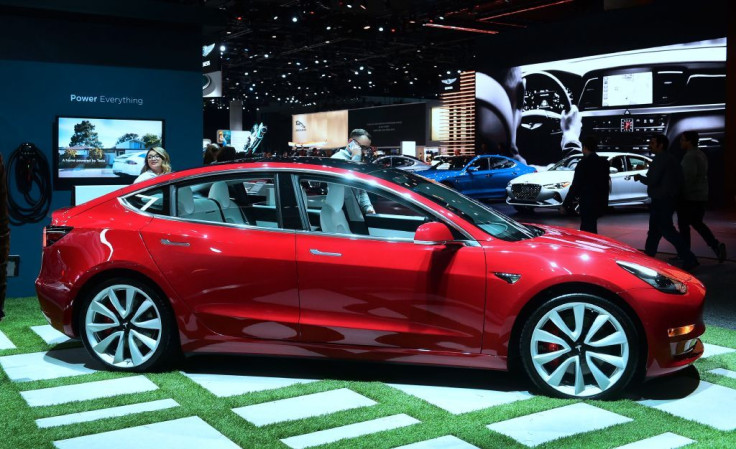Tesla Cars Store All Your Data, Factory Reset Is The Answer

Better try to erase all the data on the computer in your crashed or junked Tesla electric car before sending it to the junkyard, or selling it to someone else.
It turns out these computers retain most of your personal and unencrypted data. This data includes information from a driver's paired mobile devices, and video.
It’s good for an owner to know the data stored on his Tesla Model S, Model X or Model 3 vehicle isn’t automatically erased when the car is taken away from an accident site or sold at auction. This means an owner’s personal details remain on the car’s computer and can be accessed by people who come into possession of the car or some of its components.
Dashboard cameras and selfie cameras can record while the car is parked, even in an owner’s garage. There’s also no way for an owner to know the car’s different cameras are recording..
The fact Tesla vehicles remember all was revealed by security researcher and white hat hacker GreenTheOnly. This hacker extracted unencrypted video, phonebooks, calendar items and other data from Model S, Model X and Model 3 vehicles bought for testing and research, said CNBC.
GreenTheOnly found that computers on Tesla cars retain all the data drivers voluntarily store on their cars. These computers also store a mass of other information generated by the cars, including video, location and navigational data showing exactly what happened leading up to a crash.
GreenTheOnly, who drives a Model X, claims he extracted these data from the computers in a salvaged Tesla Model S, Model X and two Model 3 vehicles.
Researchers say a lot of the blame for this situation lies with Tesla, which has taken customers to court so it won’t surrender vehicle data. Tesla owners must buy cables worth $995 and download a software kit from Tesla to get a little information out of their cars should they need this data for legal, insurance or other reasons.
The irony here is that crashed Teslas sent to the scrap heap can yield unencrypted and personally revealing data to anyone who gets his hands on the car’s computer and knows how to extract data from it.
In its defense, Tesla said it already offers options customers can use to protect personal data stored on their cars.
These options include a factory reset option “for deleting personal data and restoring customized settings to factory defaults," and a Valet Mode for hiding personal data (among other functions) when giving their keys to a valet.
Tesla says it’s always committed “to finding and improving upon the right balance between technical vehicle needs and the privacy of our customers.”
To be fair, Tesla isn’t the only marque whose cars store user info, and a lot of other car makers do it, too. This practice has been so prevalent, however, that the U.S. Federal Trade Commission (FTC) issued advisories to drivers in the past warning them about pairing devices to rental cars.
The FTC also encourages drivers to learn how to wipe their cars’ systems clean before returning a rental or selling a car they own. But it seems a lot of owners forget to take this simple precaution.
© Copyright IBTimes 2025. All rights reserved.





















